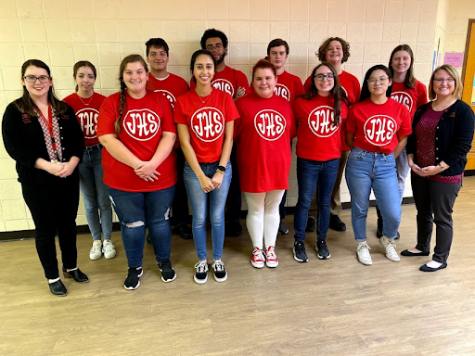Humans’ most basic necessity poisoning a city
February 11, 2016
The thought of a most basic need poisoning people without their knowledge for an extended period of time is unthought of, but that’s what happened in Flint, Michigan. A city of close to 100,000 people has slowly been poisoned by their tap water since April of 2014. Instead of using Detroit water from previously, which is approximately 70 miles away and has been processed properly, the city switched to the Flint River to cut back on expenses. Although, this was a temporary idea due to financial issues, residents in Flint were doubtful from the beginning that this was a good idea.
In June 2014, two months after the switch of Flint’s water source, residents started complaining about the color, taste, and smell of the water that was coming from their pipes. Since then, the water has tested positive for E.coli in August and the city was put on a boil water advisory. Although the people in Flint were still anxious and worried about their water supply, officials claimed that everything was fine.
In January 2015, the mayor of Flint told reporters that the water was safe to use and that his family uses it. Several days later the University of Michigan-Flint found high traces of lead in their water. This was considered an isolated incident, the university took precautions, and life continued. The next month, lead was again found in tap water but this time in the home of a family.
As the months passed, it was soon evident that these were not isolated events nor was the water healthy to use. The high levels of lead in the water were caused by the lack of using an anti-corrosive agent. Since most of the pipes in Flint are made of lead, the corrosive water ate away at them and bits of lead leeched into the water.
Countless children have high lead levels in their blood, and although a state of emergency has recently been declared and the water recently turned back to the Detroit water supply, the damage to the people of Flint is irreparable.






